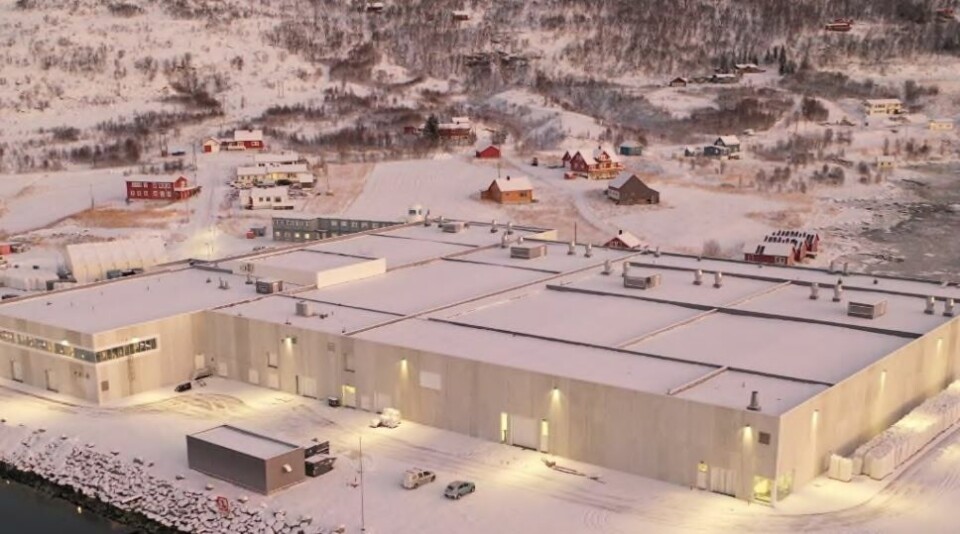
Higher prices soften biological blow for NRS
Norway Royal Salmon (NRS), which farms in Norway and Iceland, more than doubled operating profit for the first quarter of 2022 of NOK 133 million compared to the same period last year, when it made NOK 60m. EBIT per kg reached NOK 20.65 (Q1 2021: NOK 6.40).
“Throughout the quarter we have seen all-time high prices, providing a solid basis for profitability and a very positive market view for salmon in the future,” said interim chief executive Charles Høstlund in the company’s Q1 report.
“Unfortunately, we have had biological challenges in both Norway and Iceland that significantly affected the results in this quarter. On the positive side, we now have full production at our new smolt plant, which is a very important step for NRS to manage the future growth plans.”
NOK 210m in Norway
In Norway, NRS made operational EBIT of NOK 210.3m in the quarter, compared with NOK 77.2m in Q1 2021.
Operational EBIT per kg gutted weight was NOK 25.30 (NOK 6.04). The company harvested 10,137 gutted weight tonnes in Norway in the quarter, a decrease of 13% from Q1 2021. Sold volume from the sales business in the quarter was 17,568 tonnes salmon, which is 18% lower than Q1 2021.
High mortality
In Iceland, NRS subsidiary Arctic Fish made operational EBIT of NOK 86.3m (NOK 21.5m). Operational EBIT per kg gutted weight was NOK 20.43 (NOK 5.67). The company harvested 4,221 gwt in the quarter, an increase of 11% from the corresponding quarter last year.
In the first quarter of 2022, Arctic Fish experienced big biological challenges with high mortality at two sites, NRS said. Measures were taken to deal with this efficiently and to minimise the cost, among other things by accelerating the harvest of salmon. The total mortality was 2,512 tonnes and resulted in a non-recurring cost of NOK 129m in the first quarter of 2022.

Fewer challenges
“NRS believes that sustainable salmon production is very important for our long-term economic value creation,” said Høstlund. “The production of fish delivered from the new smolt facility and the phasing out of triploid fish are expected to lead to a decrease in production costs, increased profitability and fewer biological challenges.”
NRS expects to harvest 42,600 gwt of fish this year – 32,000 gwt in Norway and 10,600 gwt in Iceland.























































